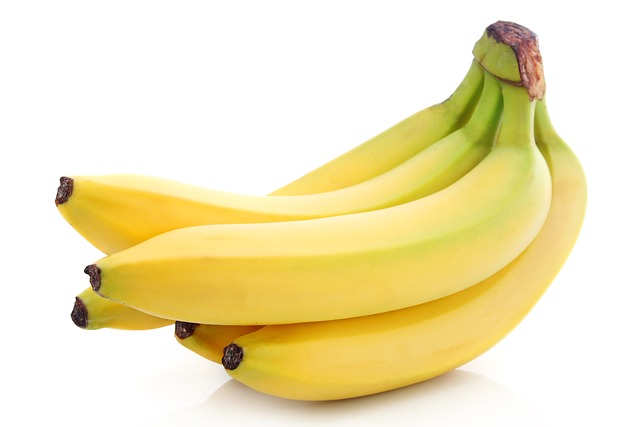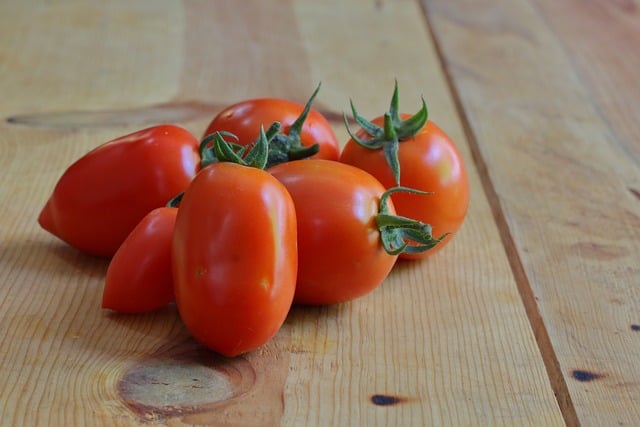Lychee, a tropical fruit native to Asia, is celebrated for its sweet, fragrant flavor and unique texture, making it a popular treat around the world. Known for its bright red skin and juicy, translucent white flesh, lychee has long been a favorite among fruit lovers. Its use spans from fresh consumption to inclusion in drinks, desserts, and even traditional medicinal practices.
However, recent studies have brought concerns to light regarding the safety of consuming lychee fruit, particularly when eaten in large quantities. While lychee is generally safe to eat, it contains a toxin that can cause significant health problems when consumed in excess. This article delves into the safety of consuming lychee fruit, exploring potential risks, recommended limits, and the role of various factors in determining its toxicity.
The Toxin in Lychee Fruit: Hypoglycin
One of the primary concerns about consuming lychee fruit is the presence of a naturally occurring toxin known as hypoglycin. This compound, found primarily in the seeds and sometimes in the pulp of the fruit, has been linked to hypoglycemia (low blood sugar), particularly when large amounts of unripe lychee are consumed.
What Is Hypoglycin?
Hypoglycin is a toxin that inhibits the body’s ability to produce glucose, leading to a dangerous drop in blood sugar levels. This can result in symptoms such as:
-
Dizziness
-
Weakness
-
Nausea
-
Seizures
-
In extreme cases, death
The toxin is particularly dangerous when lychees are consumed on an empty stomach, as the body’s glucose stores are already low. In rare instances, hypoglycin poisoning has led to severe outbreaks of illness, especially in children.
How Does Hypoglycin Affect Health?
Ingestion of hypoglycin can disrupt the metabolism of fatty acids and carbohydrates, leading to a condition known as hypoglycemic encephalopathy. This condition is particularly harmful in children and can result in symptoms ranging from confusion to unconsciousness. The fruit has been linked to several outbreaks of hypoglycemia-related illnesses in parts of the world, most notably in tropical regions where the fruit is abundant.
Interestingly, hypoglycin is not always present in harmful amounts. It is found in higher concentrations in unripe or early-harvested lychees, which are more common in tropical regions where the fruit ripens in stages. The ripening process significantly reduces the amount of hypoglycin present in the fruit, making fully ripe lychees much safer to consume.
Risks of Consuming Unripe Lychee
Unripe lychee fruit contains significantly higher levels of hypoglycin. In some cases, children have been affected by consuming unripe lychees, particularly in rural areas where the fruit is often eaten directly from trees before fully ripening. The symptoms of hypoglycin poisoning can include:
-
Low blood sugar
-
Seizures
-
Vomiting
-
Diarrhea
Research conducted in India and China has shown that outbreaks of hypoglycemia in children have been linked to the consumption of large amounts of unripe lychee. The cases are often most severe in undernourished children, whose bodies may already be in a compromised state due to inadequate glucose levels.
How Can We Minimize the Risk of Hypoglycin Poisoning?
-
Avoid Eating Unripe Lychees: The best way to reduce the risk of hypoglycin poisoning is to ensure that lychees are fully ripe before consumption. Ripe lychees are easily recognizable by their soft, translucent flesh and sweet, fragrant aroma.
-
Moderation Is Key: Even ripe lychees should be consumed in moderation, especially by children. Overconsumption of lychees may still lead to mild hypoglycemia, particularly in those with a sensitive metabolism.
-
Wash Thoroughly: As a precautionary measure, always wash lychees before eating. The toxin tends to concentrate in the fruit’s skin and seed, and while these are generally discarded, it’s still essential to rinse the fruit to remove any residual toxins.
-
Consult Health Professionals: If you’re unsure about the safety of consuming lychees, particularly in large amounts or in children, consulting a healthcare provider can provide more personalized guidance.
Table: Potential Risks of Lychee Consumption
| Risk Level | Factor | Description |
|---|---|---|
| High Risk | Unripe Lychees | Contains higher levels of hypoglycin, increasing risk of hypoglycemia, particularly in children. |
| Moderate Risk | Large Quantities of Ripe Lychees | Overeating ripe lychees can cause mild blood sugar drops, especially in those with sensitive glucose levels. |
| Low Risk | Moderate Consumption of Ripe Lychees | Safe for most individuals when consumed in moderation. |
How to Safely Enjoy Lychee Fruit
When consumed responsibly, lychee fruit offers numerous health benefits. Rich in vitamin C, antioxidants, and several essential minerals, lychee is a nutritious addition to a balanced diet. To ensure the fruit is enjoyed safely:
-
Moderation: Stick to consuming a small to moderate portion of lychees at a time, especially if you are new to the fruit or have concerns about blood sugar.
-
Watch for Allergies: Though rare, some individuals may have allergic reactions to lychees, causing symptoms like itching, swelling, or difficulty breathing. If this occurs, discontinue consumption and seek medical attention.
-
Enjoy in Various Forms: Lychees can be consumed fresh, dried, or in beverages. However, it’s important to note that drying or processing lychees does not eliminate hypoglycin, so consuming dried or processed lychees still requires caution.
Lychee Fruit and Its Limits
Lychee fruit can be a delightful and nutritious addition to your diet, but it’s essential to
associated with its consumption. The presence of the toxin hypoglycin in unripe lychees can cause dangerous health issues, particularly in children or individuals who consume large quantities.
The good news is that fully ripe lychees, when eaten in moderation, are generally safe and offer various health benefits. By following safety precautions such as avoiding unripe fruit and consuming lychees in moderation, you can enjoy this tropical fruit without worrying about potential harm.
As research on lychee toxicity continues, it’s crucial to stay informed and practice safe consumption habits, especially for young children or those with underlying health conditions. Ultimately, the key to safely enjoying lychee is understanding its properties and consuming it in appropriate amounts.
By following these guidelines, you can safely incorporate lychee into your diet and enjoy its sweet, refreshing taste without any adverse effects.


